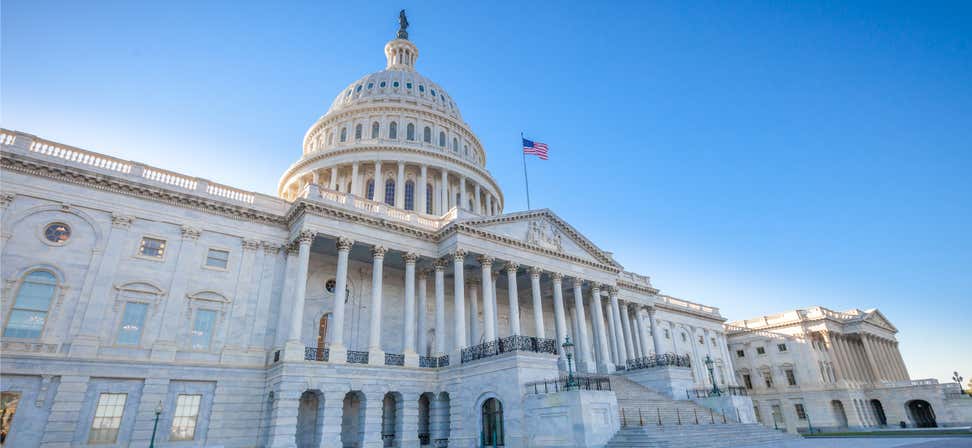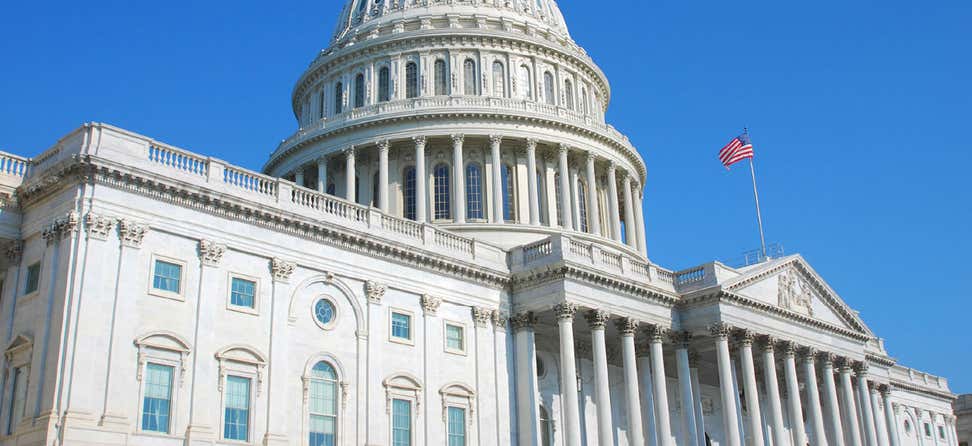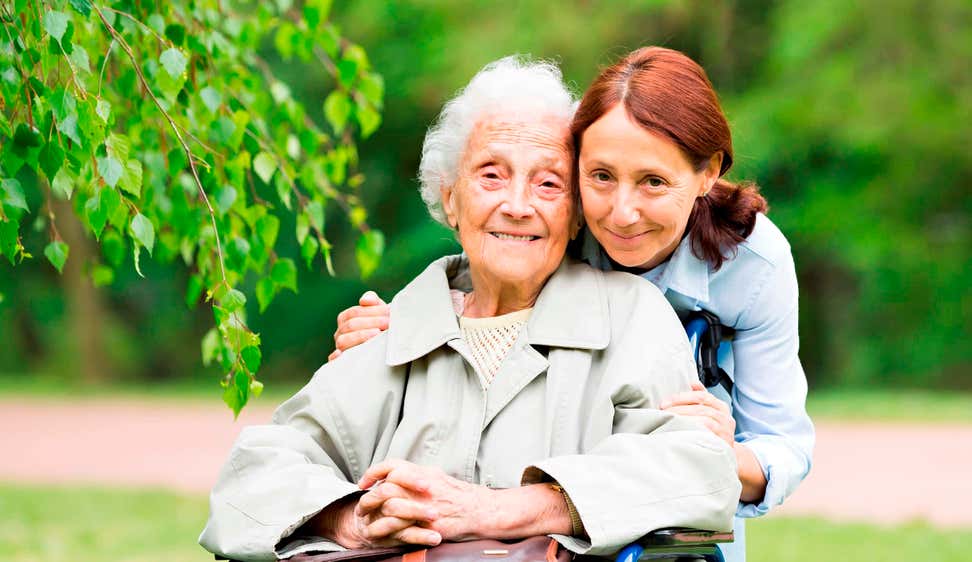Fred, a 75-year-old veteran, was living on $1,400 a month and struggling to pay for food, rent, and health care.
On Fred’s list of monthly expenses was his Medicare premiums. Over several years, Fred spent $13,000 on Medicare premiums alone.
What Fred didn’t know—but could have saved him thousands of dollars—was that he was eligible for a Medicare Savings Program (MSP) that would have covered his premiums and freed up his budget for other necessities.
Millions of older adults face the same situation as Fred. They live at or near poverty, but they’re not enrolled in programs that they’re eligible for and can help.
What Congress can and should do to help older adults
For 15 years, under the Medicare Improvement for Patients and Providers Act (MIPPA), Congress has allocated significant funding to find and enroll low-income Medicare beneficiaries like Fred into MSP and other benefits programs. This funding has been extended 11 times with bipartisan support. It also received unanimous bipartisan support in the Senate Finance Committee last year.
But right now, this funding is stalled in Congress as lawmakers work to finalize appropriations for 2024.
There’s no time to waste when it comes to combatting older adult poverty. More than 10,000 Americans turn 65 every day, and many face increasing debt, significant and diminishing savings, and difficulties making ends meet. In 2022, poverty increased among older adults from 10.7% in 2021 to 14.1% in 2022, according to the latest U.S. Census Bureau data.
MSP covers Medicare premiums, and the Medicare Part D Low-Income Subsidy (LIS, or Extra Help) lowers out-of-pocket costs for medications. But—like Fred—millions of older adults don’t know they’re eligible or how to apply. The National Council on Aging estimates 2-3 million individuals are eligible for but not enrolled in MSP, and 2 million are eligible for Extra Help but missing out.
How to expand benefits to more eligible older adults
Continued and permanent MIPPA funding is a critical solution. Fred discovered he was eligible when he met with a benefits counselor at Senior Citizens Activities Network in Eatontown, New Jersey. She helped him enroll in MSP and several other programs that together added $4,000 to his annual income—giving him the dignity he deserves.
Senior Citizens Activities Network is just one of thousands of community-based organizations across the country that know what it takes to find and enroll eligible older adults into these programs. They are skilled and ready. But they need continued federal funding to do so.
That’s why NCOA and 75 national organizations sent a letter to Congressional leaders requesting $50 million again this year to support this work. We strongly urge lawmakers to include this funding in the final appropriations package.
Older adults living in poverty is not a new problem. The fact that we may not fund a proven solution is a travesty.










